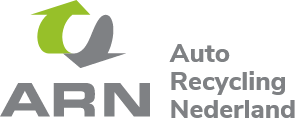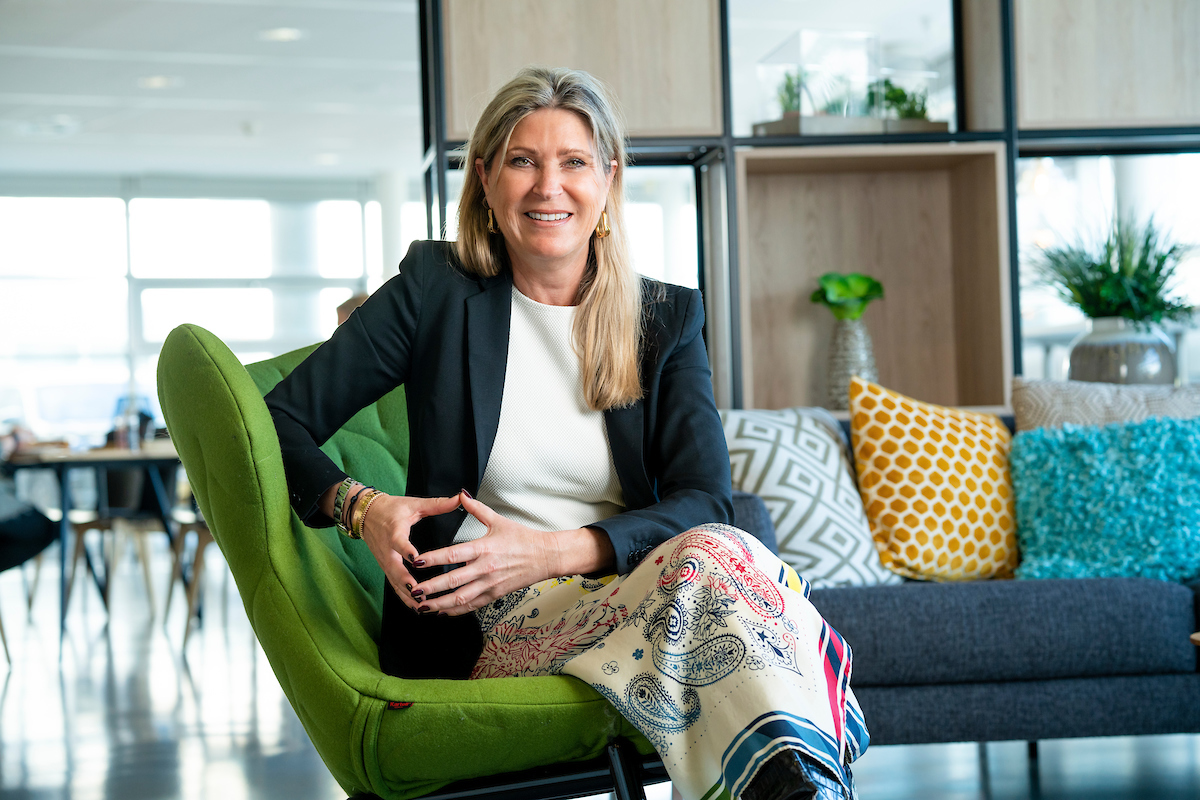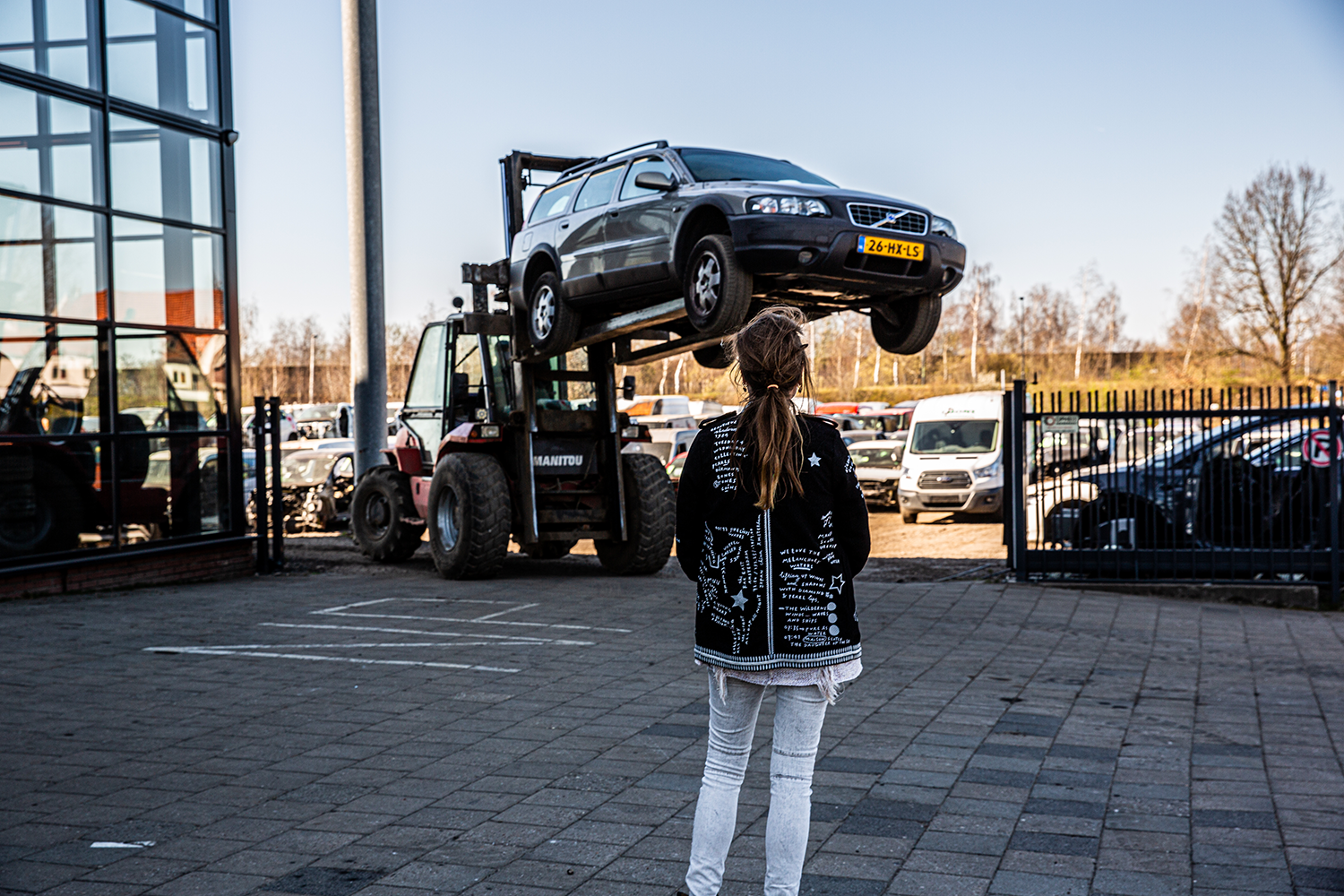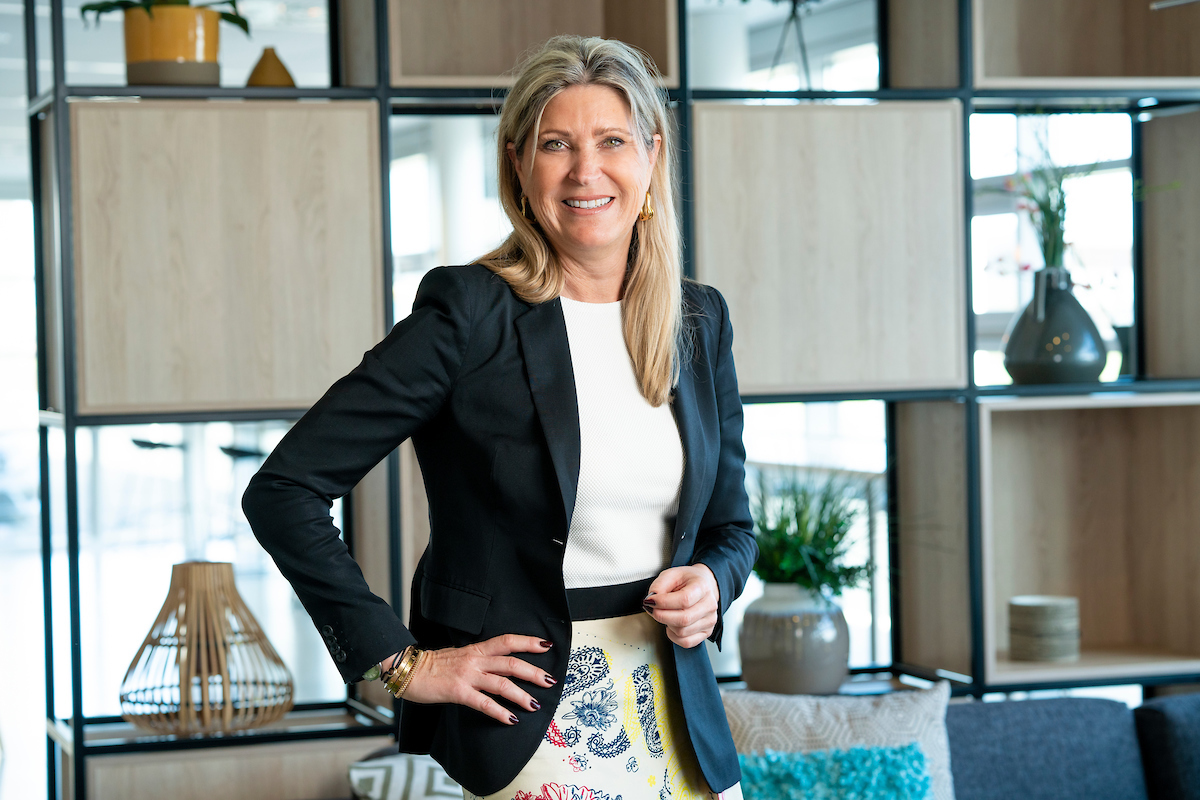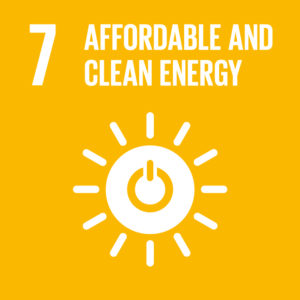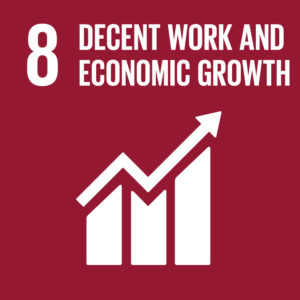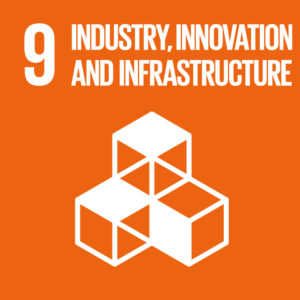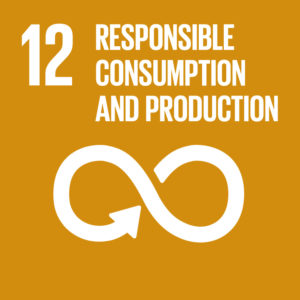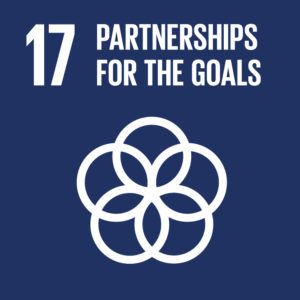Interview, Ingrid Niessing
“The chain needs a degree of foresight”
Managing director Ingrid Niessing leaves ARN safe in the knowledge that she has successfully charted a new course for the organisation: “leaner” certainly, but above all more focused on stimulating and connecting than participating in the actual recycling process. “Innovation is becoming increasingly important in recycling. Innovation on the input side, so that the recycling process can start with the development and composition of the car, and innovation when the vehicle reaches the end of its useful life.”
After spending 11 years at the helm of ARN – the first four as financial director – she feels it’s time for something new, without, incidentally, having formed clear-cut plans for her own immediate future. An excellent time then for her to reflect on the past year and those that preceded it, and look ahead.
Niessing sees 2021 as a year of rounding off. “Back in 2016, we initiated the process of bringing ARN back to its core activities. It was a necessary transition because ARN cannot be a hands-on specialist in recycling, while, at the same time, also co-ordinating the activities that need to be carried out in the bigger chain. The many non-core responsibilities that we assumed over the years were becoming a distraction from what really mattered: facilitating the car-recycling chain. Terminating Recycling Services, selling the factory in Tiel and transferring drainage installations to car-dismantling companies were all part and parcel of that transition. And now that the process has more or less been completed and the new ARN is up-and-running, as it were, I think the moment has come for me to take my leave.”
Desperately needed initiatives
She is quick to point out, however, that these initiatives were desperately needed at the time to enable the chain to emerge from a difficult situation. “Some of the links in the chain were either missing or not properly developed. ANR stepping up to the plate back then was not only appropriate, it was also necessary to help realise the 95 per cent target. Making the drainage installations available was a necessary step in elevating the dismantling sector to a higher level. Now that the sector has become highly professionalised, we as ARN can make a tactical withdrawal.”
The same applies to the PST factory in Tiel. “It was very necessary at the time. Theoretically, it could happen again in future if an activity is not picked up by the market. ARN will then have to ask itself whether it would be willing and able to stick its neck out again in some form or other. After all, it’s about assuming responsibility as a producer.”
Stopping Recycling Services, selling the factory in Tiel, transferring drain installations to car dismantling companies: it all fits in with the transition that we have initiated from 2016
Ingrid Niessing
Managing Director ARN
Back to basics
Looking back, what is Ingrid Niessing most proud of? “First of all, I’d have to say the recycling results achieved during the past few years, for which I’d like to commend all parties in the chain. On a more personal note, I’m proud I was able to bring order into an organisation that had become akin to a ‘Christmas tree of activities’, with many disparate balls that were a poor fit with one another. I derive a lot of satisfaction from the fact we were able to realise the strategy of going back to basics and very carefully bring the factory back to the market, for example. It’s a no-brainer, of course, that a director would much prefer to build and grow something than dismantle it, but the latter was both important and necessary. It was also satisfying to be able to implement a good decision and bring it all to fruition. I’m also glad I can leave my successor, Paul Dietz, a clean slate: a sound organisation that is fit-for-purpose and a good foundation on which to build.”
Niessing also thinks it was important that ARN explicitly focused on innovation in 2021. A commission comprising in-house and external experts was tasked with defining the developments that will affect car recycling during the short- and longer-term. “We really do think ahead and I wholeheartedly applaud our stakeholders for fully embracing the three scenarios that we have developed and with which we can provide them with excellent support.”
Challenge number one: batteries
Asked what challenges she thinks the new-style ARN will face in the near future, she says first and foremost car batteries, particularly when it comes to the Netherlands’ capacity for processing them. “At ARN we’re already noticing that we’re approaching our limits with regard to their collection and storage, which means we are having to collaborate on this with specialised companies. At the moment the batteries that are collected are all sent abroad for processing, so processing them here in the Netherlands is something that we’ll need to work on. As for the new materials that are increasingly appearing in vehicles, I see this as both a challenge and an opportunity.”
“There are also other important matters for the chain to consider, such as better data management and the development of new business models in the automotive sector. These are all things that will influence the recycling process to varying degrees. New legislation and regulations will also have an impact, such as new regulations from Brussels about materials and the composition of cars, for example. On top of this there will be a mandatory requirement for manufacturers to use a certain percentage of recycled plastics, as well as a requirement for certain plastics to be recycled better and more accurately.”
New contacts
Niessing expects that this will necessitate technological development. “ARN will have to support the chain with more knowledge and training and establish new contacts in research institutes and universities, such as the Automotive Campus in Helmond, for example. This would definitely be something for ARN to do because tapping into networks and making good contacts with importers and with The Hague are things that are becoming increasingly important. And to tackle all challenges properly, it might even require an ARN-type approach on a European scale.”
She firmly believes that knowledge and contacts will give the chain a much better grip on future developments. “Consider the new trends in cars and automotive parts and materials,” she reasons. “If they continue, what will it mean for dismantling processes in 10 to 20 years’ time? The chain needs a degree of foresight.” Clearly, she anticipates plenty of things on the horizon for ARN to sink its teeth into.
On that note, Ingrid Niessing seizes the opportunity to say a closing word. “I’d like to thank all parties in the chain for the contributions they have made over the years, and for their input and cooperation. I also want to wish Paul Dietz a fruitful and enjoyable tenure and every success in further developing ARN and car recycling in the Netherlands.”
It gives me satisfaction that I was able to bring a good decision to the end of implementation. It’s also nice for Paul Dietz, my successor, who can start with a clean slate. There is a solid organization that does what it has to do. A great starting position on which he can build
Ingrid Niessing
Managing Director ARN
Sustainable Development Goals
For the fourth year, ARN is benchmarking itself against the Sustainable Development Goals (SDGs) with the motto ‘lean and green’ in mind. The coloured SDGs shown on the right apply specifically to the content of this page.
